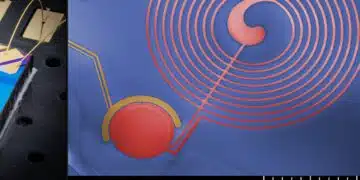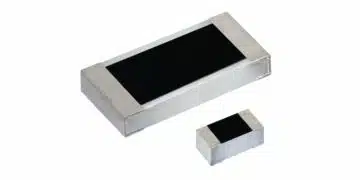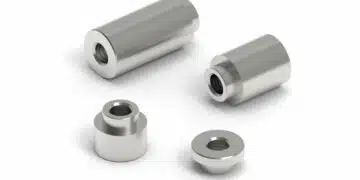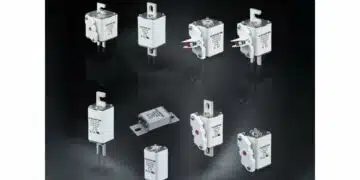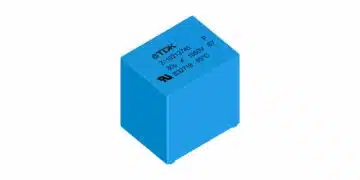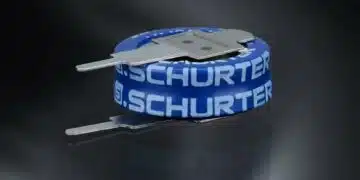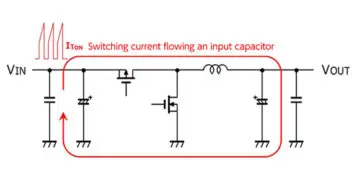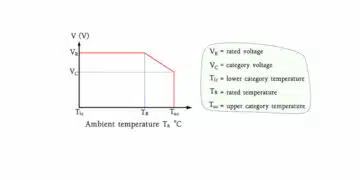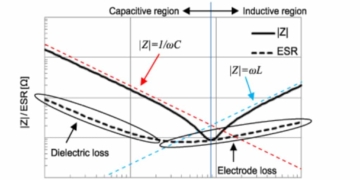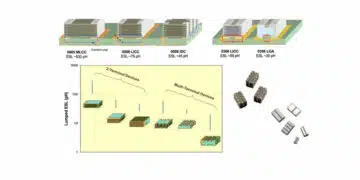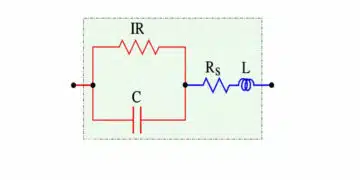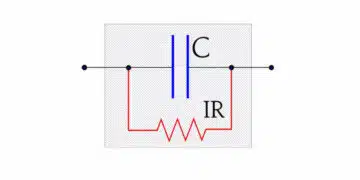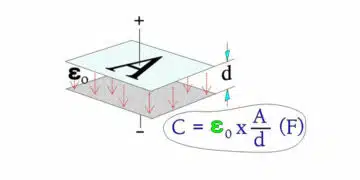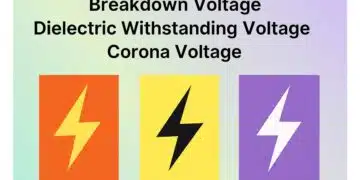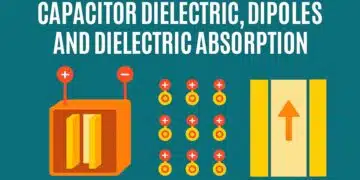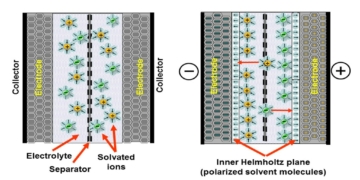Basic Concepts Capacitors
Surge Current and Capacitor Transient Power Ratings
Continuous ripple current, power rating, transient/pulse capabilities etc. are the key parameters to consider for a proper capacitor selection in...
Read moreDetailsDerating and Capacitor Category Concepts
The article explains capacitor derating principle and introduce category concepts. Key Takeaways Capacitors derating involves using capacitors at lower than...
Read moreDetailsDon’t let ESR waste power and cook capacitors
Source: EDN article Bill Schweber explains some basic understanding of capacitor's ESR and why it is of interest. Back in...
Read moreDetailsESL Capacitor Parasitic Inductance
Capacitors are foundational elements in electronics, yet their real-world behavior includes several parasitic elements. Among these, the Equivalent Series Inductance...
Read moreDetailsLosses in Capacitors – ESR, DF, Q Factor
This article explains capacitor losses (ESR, Impedance IMP, Dissipation Factor DF/ tanδ, Quality FactorQ) as the other basic key parameter...
Read moreDetailsDCL Leakage Current and Insulation Resistance
This article explains some basic parameters of capacitors - insulation resistance and DCL leakage current. Key Takeaways Capacitors have insulation...
Read moreDetailsCapacitance and its Calculation
This article explains the basic key parameter of capacitors - capacitance, capacitive reactance and its calculation. The article also includes...
Read moreDetailsBreakdown Voltage, Dielectric Withstanding Voltage and Corona Voltage
This article explains some basic parameters of capacitors - breakdown voltage / dielectric withstanding voltage and corona voltage. Key Takeaways...
Read moreDetailsDielectric, Permittivity, Dipoles and Dielectric Absorption
this article explains capacitor dielectric material constant (permittivity), and how it is formed by dipoles and dielectric absorption. Key Takeaways...
Read moreDetailsWhen One Supercapacitor is not enough; Modules and Balancing
Find out what supercapacitors are, its construction, and useful notes for its series connection into modules. Supercapacitors, also known as...
Read moreDetails

